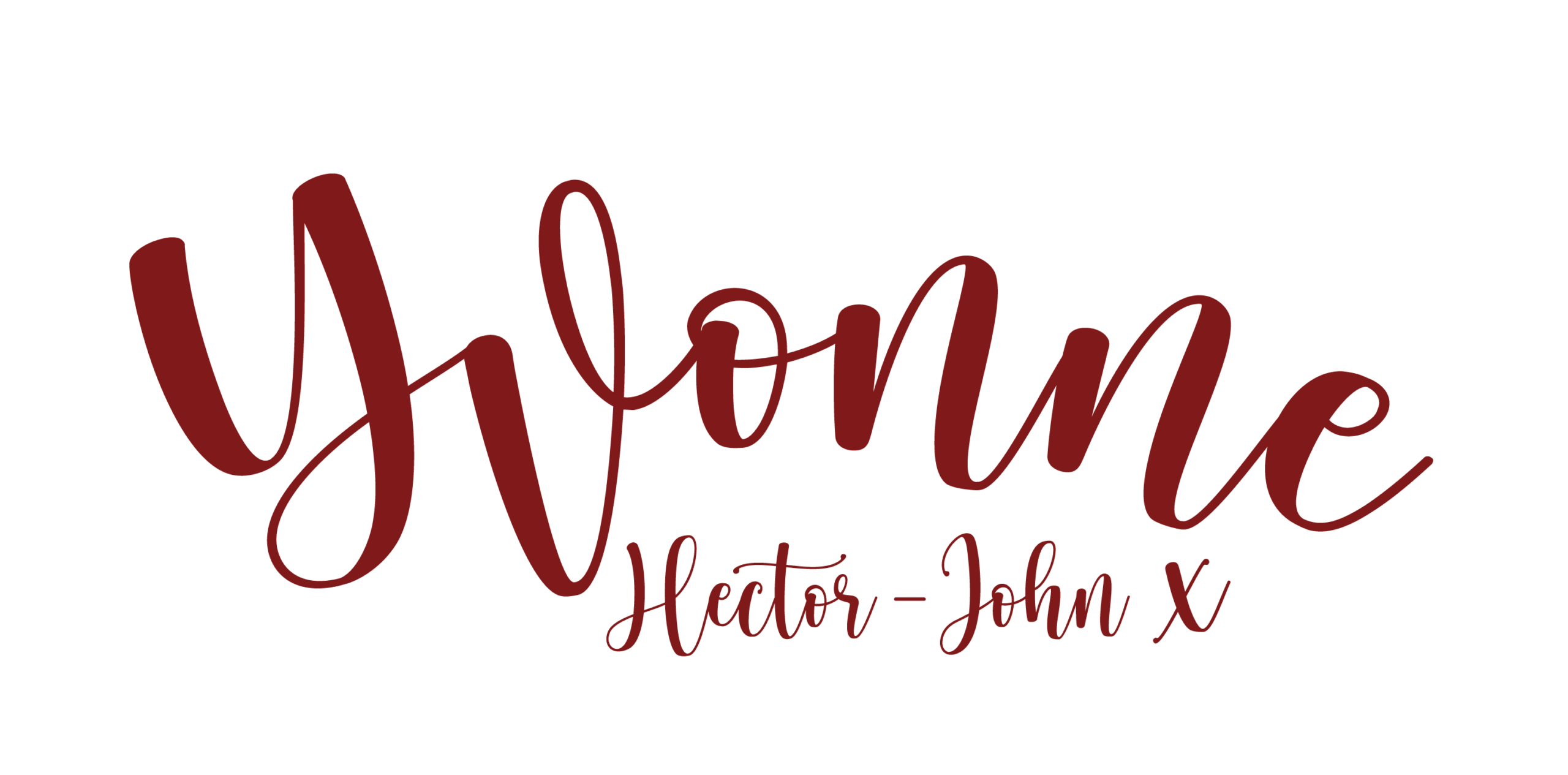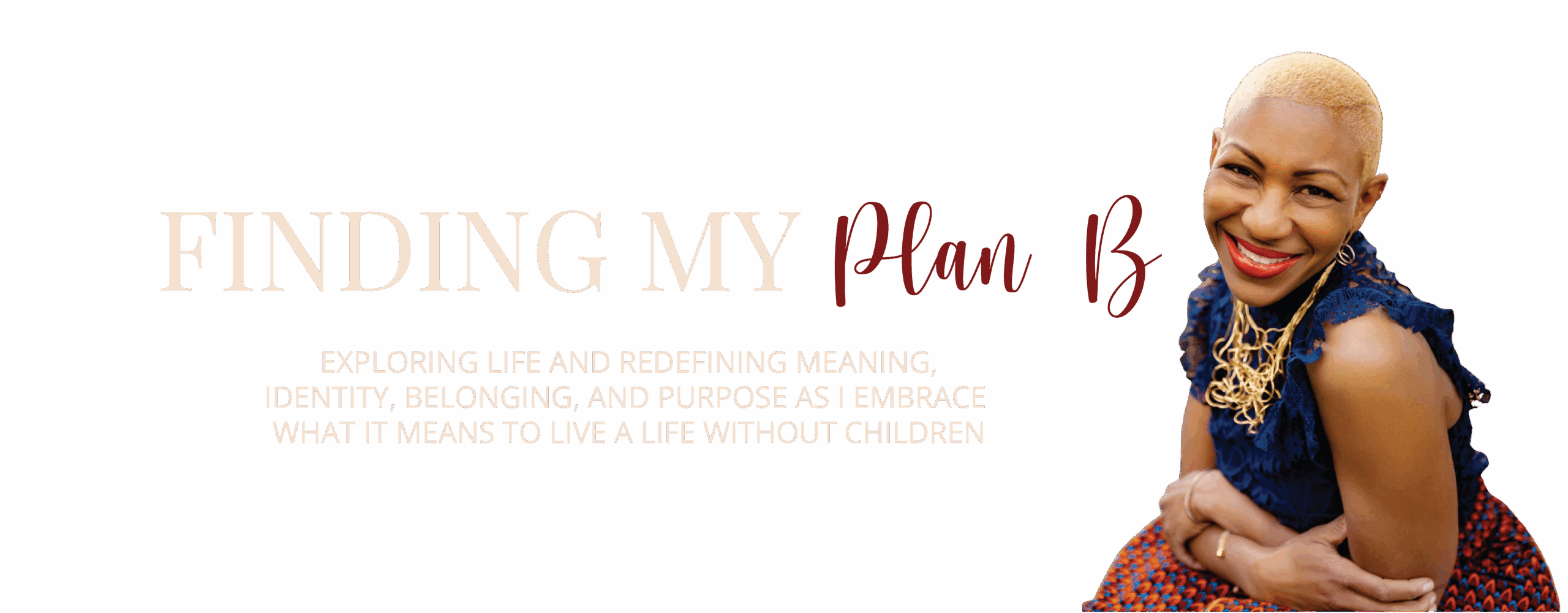“To understand ourselves, we must revisit the steps of our ancestors”
I saw The Woman King recently, after hearing about a black female army depicted in the film and along with knowing that Viola Davis was playing the lead role I just had to see it.

The Woman King tells the story of the Agojie, the all-woman army of the African kingdom of Dahomey. During the 17th century, the Agojie were a battle-hardened, all-female warrior force that held a special place within the African kingdom of Dahomey. Most were former slaves, with only the bravest and toughest admitted into the fold. All of Dahomey’s women warriors were considered ahosi, or wives of the king. I’m not sure how this works on a practical level (how many wives can one king have anyway???) but I do wonder whether, faced with being an ex-slave, and I’d decided that I didn’t want to be an Agojie then what other choice would I actually have???

A poignant moment in the film for me was when, after gathering the ex-slaves and the other woman who had come to Dahomey for various reasons, Viola’s character [Nanisca] told the women that if they choose to stay in the Army that would be forfeiting the possibility of getting married and having children.
It dawned on me that the Agojie was an army of women who chose not to get married (ummm I’ll leave you to ponder on this depending on how you feel about marriage) or have children. As radical as this choice was I do question how free these women were to make it, I mean if you’d been displaced from your family because you had been sold into slavery or your family had moved away, died etc, and your only choice was to stay because you had nowhere else to go, then where is the choice or free-will in that? I wondered if any of the woman would have challenged this choice, or would they have grieved the loss of not becoming someone’s wife and/or someone’s mother? The idea of choosing a life without children is something that I wished the writers/ directors would have explored in the film or am I naively forgetting here that the world does not want to face our disenfranchised grief? The idea of choosing this life left me with so many unanswered questions;
- Was this a choice that they really wanted?
- Did any of the women grief the loss of motherhood?
- How were they seen in their society? I bet no one called them selfish!!!
If wasn’t for Nanisca (Viola’s character) declaration about not being able to get married or have children I don’t think we’d ever know they didn’t have children as it was never mentioned again. I bet that had they been mothers we wouldn’t have stopped hearing about it.
After the film my partner questioned that, if to be in the army you needed to be subservient, serving without challenging or questioning the leadership then how/ why did the young character, Nwai, get away with being as outspoken as she was. Why wasn’t she banished from the army? I found that I really identified with Nwai’s spirit, she had been rejected by her dad because she didn’t want to get married to the man he had chosen for her, a man who was significantly older and saw her as a commodity, she was constantly reprimanded by her family and Nanisca (Viola’s character) for her rebellious nature, pushing boundaries to be seen and heard – I can hear you all agreeing that this is me. Ok I was fairly free to make my choices in life but her rebellious spirit resonated with me on so many levels and to answer my partner, I think she got away with being outspoken because Viola saw something special in her, someone of greatness, a great future leader. I wonder (although I do know in my heart) what others saw in me for me to be where I am now. I also realise that this is the same ‘something’ that others want(ed) to silence.
As I ponder on my questions I will take this time to honour the Agojie and all my ancestorial childless warrior women who make it possible for me to see the powerful warrior that I have become.
#blackhistorymonth #BlackNomoRoleModels




Recent Comments